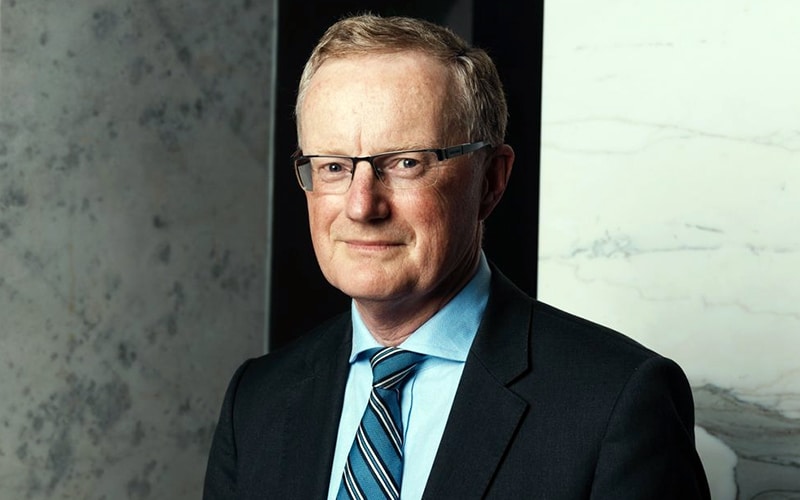The governor of the Australian central bank, Phillip Lowe, commented at a G20 event that private issued tokens may be better than CBDCs.
Many other influential people, like Eddie Yue, the head of the Hong Kong Monetary Authority, backed Lowe’s argument that private tokens must be regulated in order to handle the risks associated with decentralized finance. Eddie said that it would be preferable to regulate stablecoins as opposed to the DeFi market and the related goods.
With 90% of central banks worldwide on the route to a central bank-issued digital currency, some examples of privately-issued tokens include USDT by Tether, USDC by Circle, and the Pax Dollar by The Paxos Trust.
The regulators have warned about stablecoins, especially the algorithmic variant after the fall of TerraUSD stablecoin. The Responsible Financial Innovation act allows the issuance of stablecoin backed by adequate reserves.
Because private sectors are good at controlling features for tokens and setting up a CBDC would be expensive for the central bank, Phillip Lowe is confident that the private way is preferable to the CBDC. He also believes that private tokens must be backed by the government.
The Financial Stability Board (FSB) of the G-20 economies met on July 11, to set up new regulations for cryptocurrencies in October 2022. The FSB sustains the likes of regulators, treasury officials, and central bankers, however, it has limited its boundaries over crypto through monitoring the sector.
Subscribe to The Crypto Times, for more Market news.






